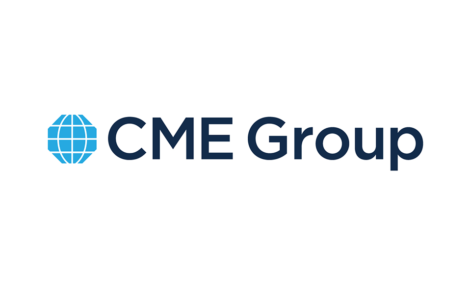



US farm groups rail against Trump port fee plan at hearing
US shipping fees on China vessels face industry backlashFossil fuel and agriculture industry executives on Wednesday criticised a plan by President Donald Trump's administration for big fees on China-linked ships entering US ports, arguing at a hearing in Washington that the move would hobble their ability to export everything from coal to soybeans, reported Reuters.
The proposed fees on China-built vessels could top $3 million per US port call.
The administration says the fees would curb China's commercial and military dominance on the high seas and promote a US shipbuilding renaissance.
Opponents say the plan could backfire on farmers, miners and other groups that Trump hopes would drive orders at domestic shipyards. Few vessels would be exempt, making US export prices unattractive, and foisting up to $30 billion of annual import costs on American consumers.
"The suggested policies do not punish China as intended, but rather punish American industry and will put American labourers out of work," said Gregory Kravitz, senior vice president of transportation at Oxbow, a South Texas-based oil and gas company, at the congressional hearing.
Groups have asked the US Trade Representative for exemptions to the plan or phased-in fees, since it will take several years for US shipbuilders that turn out around five ships per year to compete with China's output of more than 1,700 annually.
The energy industry is the top US exporter by value and is at risk because, like most others, it relies on fleets that own or have ordered ships from China.
Aaron Padilla, vice president of corporate policy at the powerful American Petroleum Institute, said the proposals will add significant costs to shipping.
"As a consequence, the proposed actions would harm the US position as a net energy exporter and undermine President Trump's energy dominance agenda," he told the hearing.
The move also threatens Trump's goals of revitalising the US industrial base, protecting American jobs and levelling the global playing field, said Veronika Shime, vice president of international policy and sustainability at the National Mining Association.
The issue, along with the administration's escalating trade wars with China, Europe, Canada and Mexico, has revealed an unlikely fault line between Trump and executives from industries he promised to support.
Coal and agriculture officials had told Reuters last week the proposed levies already were making it difficult to charter ships for exports and causing some products to pile up stateside.
A study by Trade Partnership Worldwide found the fees could send exports of oil down as much as 18.6%, and coal down as much as 24.5%. It said exports of soybeans, the top US agriculture export, could tumble as much as 42.2% and wheat could dive 64.4%.
Bye-bye bananas?
Foes of the port fees likened them to a tax that will cascade costs throughout global supply chains.
The fees already have sent the bulk shipping costs for critical exports like wheat, corn and soybeans up 40%, United Grain Corp said in a letter last week.
MSC, the world's largest container shipping company, warned it would likely reduce US port calls to contain costs - a disruptive move that could spark the return of early pandemic-era product delays and shortages.
Bananas, the No. 1 consumed US fruit, could get more expensive or scarce, Jared Gale, chief legal officer of banana supplier Dole Plc, testified. Dole makes 300 US port calls annually and higher port fees would either make bananas too expensive for consumers or financially unaffordable for the company to import, Gale said.
The fees would be a double whammy for Perdue AgriBusiness, hitting both the animal feed it imports and the chickens it exports, the Maryland-based company said in a letter to USTR this week.
"We can't tax our way into a competitive ocean shipbuilding program," said Peter Friedmann, executive director of the Agriculture Transportation Coalition. He recently alerted maritime executives that exports of high-value, US perishables like almonds and fresh beef would be devastated if vessel owners bypass the small ports they rely on for speedy exports.
The hearing on Wednesday will be the last before the administration makes a decision on the proposal. During a hearing on Monday, US ship operators notified USTR that the fees would hurt their businesses, while representatives of the domestic steel industry expressed support.







